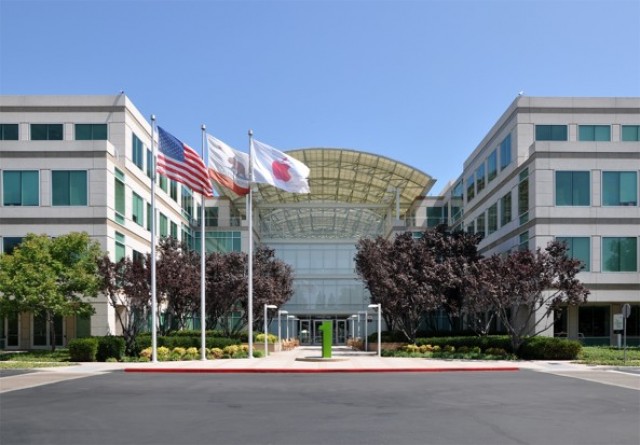There’s a belief that Apple makes new engineers work on fake products until they can be trusted. According one of the company’s former employees, Adam Lashinsky, who published the book Inside Apple last January, the Cupertino company hires people into so-called “dummy positions” until it’s confident that they can be a part of upcoming products without leaking information.
But how accurate are those claims? We know Apple takes secrecy very seriously, but would it really waste time and money on giving people fake projects just to ensure they won’t squeal?
Almost certainly not.
Lashinsky’s claims were corroborated by an audience member at an interview he did with LinkedIn shortly after his book was published. The unnamed gentleman, who said he had worked at Apple for six years, claimed to have friends at the company who worked on fake products when they were first hired.
But Ars Technica’s Jacqui Cheng has been digging a little deeper into these stories, and it would appear they’re nothing more than myths.
Cheng has several friends at Apple herself, and not one of them has ever heard of such a practice. When she probed current and former employees for information on fake projects, she found that they weren’t a regular occurrence at the company — and that “they quite probably do not exist at all.”
Cheng spoke to employees from various areas of the company, some of whom are still there, and others who have now moved on. But all of them said the same thing — that they had never heard of new staff being tasked with fake projects.
“Apple always seemed to be a no-bullshit kind of place when it comes to the seriousness of your work and what you get done,” one former engineer told Cheng. “I find it suspect that they’d ever waste their own and the employee’s time on something that didn’t directly contribute to their bottom line somehow.”
A current Apple employee told Cheng that there’s no need for the practice, because every Apple employee must sign a nondisclosure agreement (NDA) when they start.
“You can be hired for a position where they don’t tell you what you’re working on beforehand, sure, but if they’re choosing to hire you with your skill set, you might be able to hazard a guess on what it’s about,” they said. “It’s a lot easier to have someone sign an NDA and then fire them if they violate it.”
Multiple employees confirmed that Apple is very “generous” with its NDAs for its projects — and even parts of a projects, or parts of parts of a project. Cheng says these don’t just hold employees accountable for information that gets out, but it also reminds them that Apple is watching them.
One employee said that everything they work on at Apple has an NDA, and that if Apple had questions about a person’s ability to maintain confidentiality during the hiring process, it just wouldn’t take them on. And of course, those who did leak secrets were fired.
This is why the large majority of Apple leaks we see come from its supply chain and partners in Asia. Factory workers and non-Apple executives are seem as having “far less skin in the game,” according to Cheng, making them more willing to reveal secret information.
One employee suggests that these workers aren’t under the same level of scrutiny that Apple workers are.
Even the rumors that circulate among Apple employees tend to come from the Internet, a former engineer said. “It’s mostly just horse shit and links to pictures from Chinese factories.”
When it’s not just “horse shit,” however, Apple has a way of dealing with it.
It Apple finds out about leaks from inside Cupertino, then “it’s willing to go all Men in Black” to find the source, Cheng reports. Apple is known to hold “lockdowns,” similar to those held in prisons, where parts of the floor or office are surrounded by security personnel.
These aren’t Apple security personnel; they’re outside contractors with backgrounds in the military, CIA, or FBI.
Employees within the lockdown area must remain in their offices while security visits each desk to copy data from their computers and other devices. This allows the security team to find the source of the leak “almost instantly,” according to Cheng, and then one individual may be taken away for questioning.
This doesn’t happen often, however. At most, it’s once every couple of years, the former engineer said.
So if this is the case, what started the fake projects rumor? Well, it seems we may have misunderstood Lashinsky’s claims.
“I can see how ‘dummy projects’ was a poor choice of words on stage that day,” Lashinsky told Cheng in reference to the LinkedIn video. “The concept I was trying to describe might best be worded as ‘placeholder’ positions or ‘unspecified’ projects.”
Cheng’s full report is a fascinating read, particularly if you’re interested in Apple rumors and what happens when the Cupertino company catches wind of leaks. You’ll find it by clicking the source link below.
Source: Ars Technica


